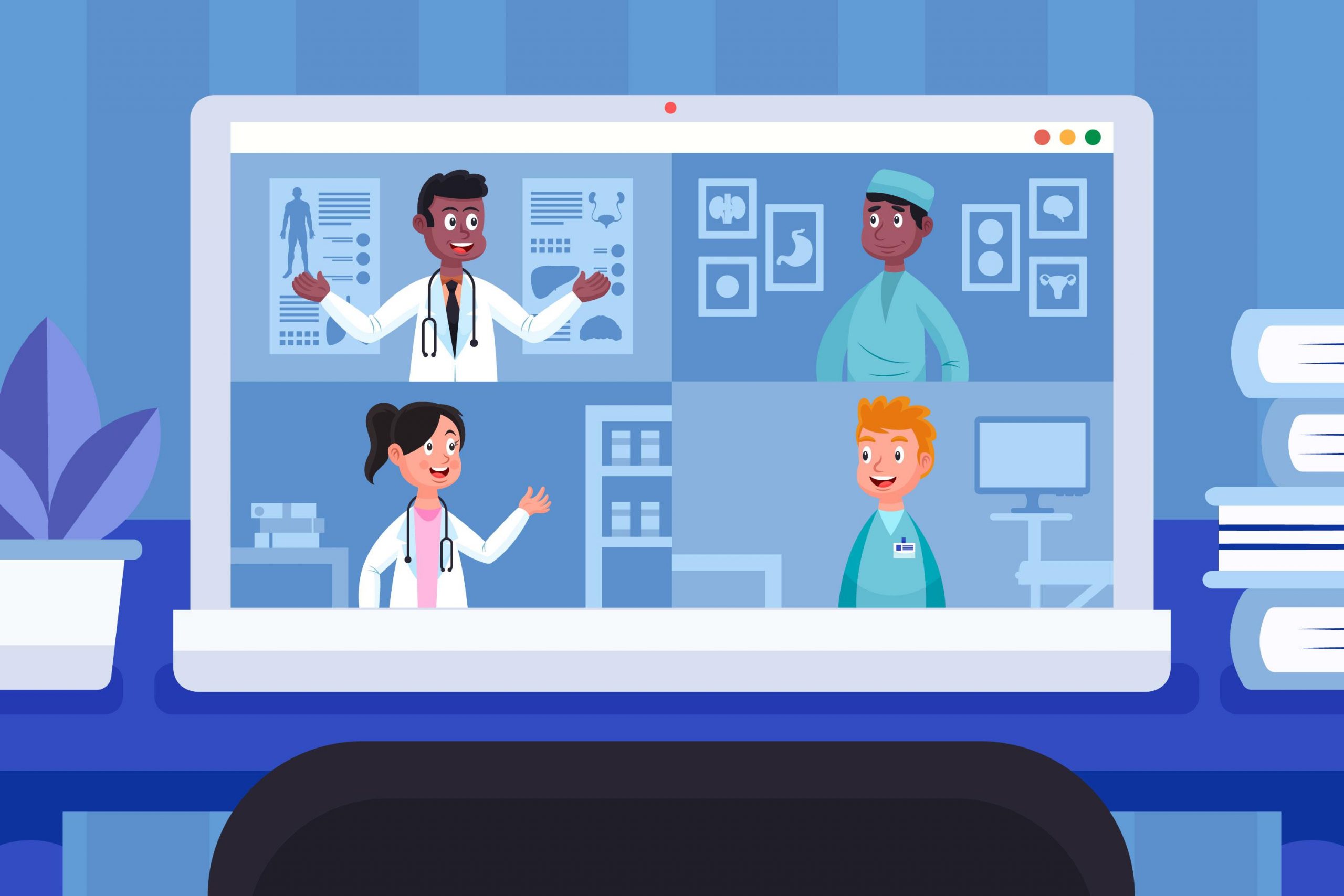The role of ICT in healthcare has become increasingly significant, especially with the rise of telemedicine and digital innovations in patient care. Information and Communication Technology (ICT) is enhancing the quality, efficiency, and accessibility of healthcare services, making it easier for both providers and patients to manage health outcomes.
1. Expanding Access to Care: The Role of ICT in Healthcare
The role of ICT in healthcare is pivotal in expanding access to medical services through telemedicine. Telemedicine platforms allow patients to consult with doctors remotely, breaking down geographical barriers and reducing the need for physical visits. This is especially beneficial for patients in rural or underserved areas who may not have easy access to healthcare facilities.
2. Enhancing Patient Care Through ICT Innovations
The role of ICT in healthcare extends to improving patient care with innovations such as electronic health records (EHRs), wearable devices, and mobile health apps. EHRs allow for better patient data management, reducing errors and improving treatment outcomes. Wearable health devices enable real-time monitoring of vital signs, while mobile apps offer personalized health management tools.
3. The Role of ICT in Healthcare Efficiency and Cost-Effectiveness
One of the key benefits of the ICT in healthcare is its ability to streamline operations, making healthcare delivery more efficient and cost-effective. Automated scheduling systems, digital diagnostics, and AI-powered tools are reducing administrative burdens and freeing up time for healthcare professionals to focus on patient care. By minimizing inefficiencies, ICT is also helping to lower healthcare costs for both providers and patients.
4. Challenges in the Adoption of ICT in Healthcare
Despite the growing ICT in healthcare, several challenges remain in its widespread adoption. Issues such as data privacy, cybersecurity, and the digital divide need to be addressed. Ensuring that sensitive patient data is protected while maintaining accessibility to ICT tools is a top priority. Moreover, not all patients or healthcare facilities have the technological infrastructure to take full advantage of these innovations.
Conclusion
The role of ICT in healthcare is revolutionizing the way medical services are delivered, particularly through telemedicine and patient care innovations. While there are still hurdles to overcome, the potential benefits of ICT in healthcare are vast. For more insights into the role of technology in healthcare, visit Bedots.
Read more: Challenges and Opportunities in the Global ICT Market



